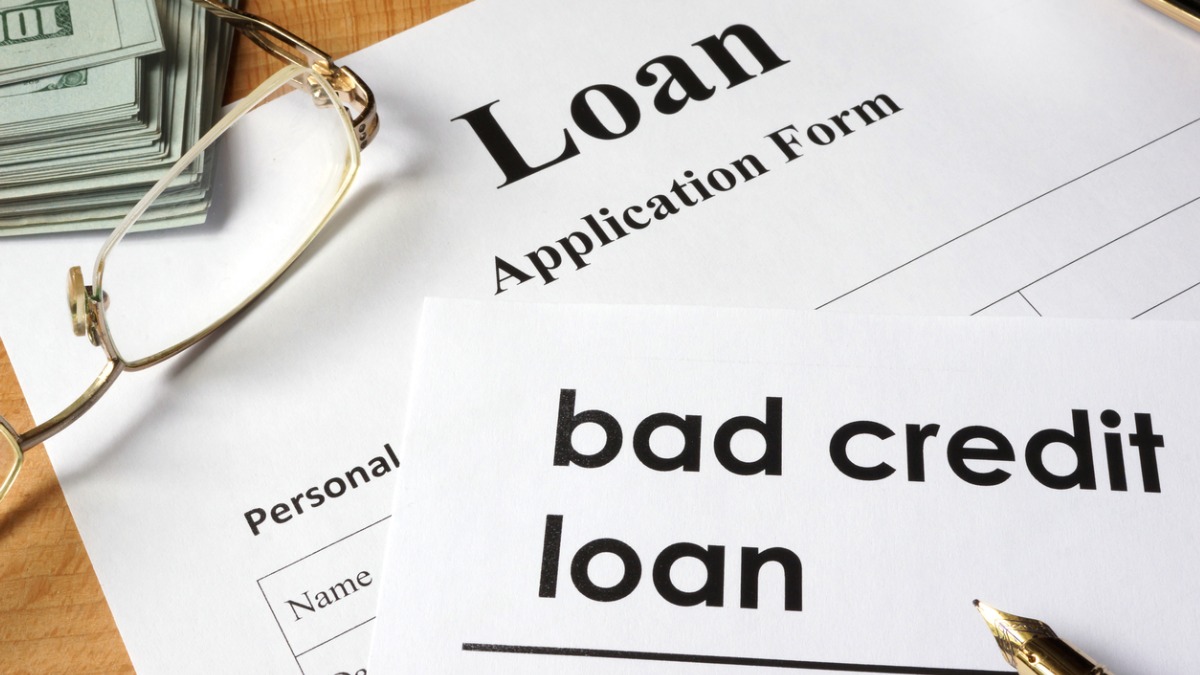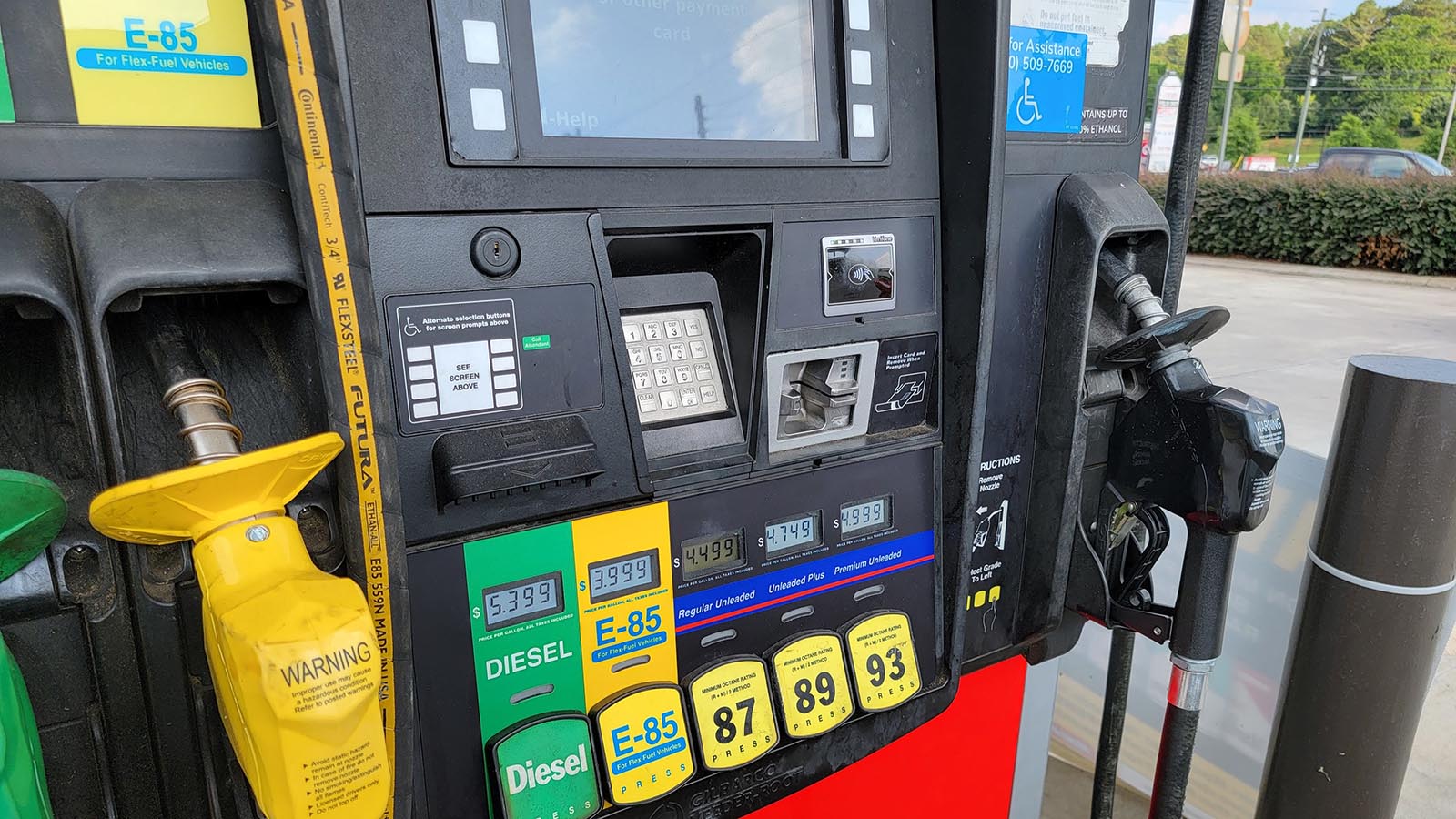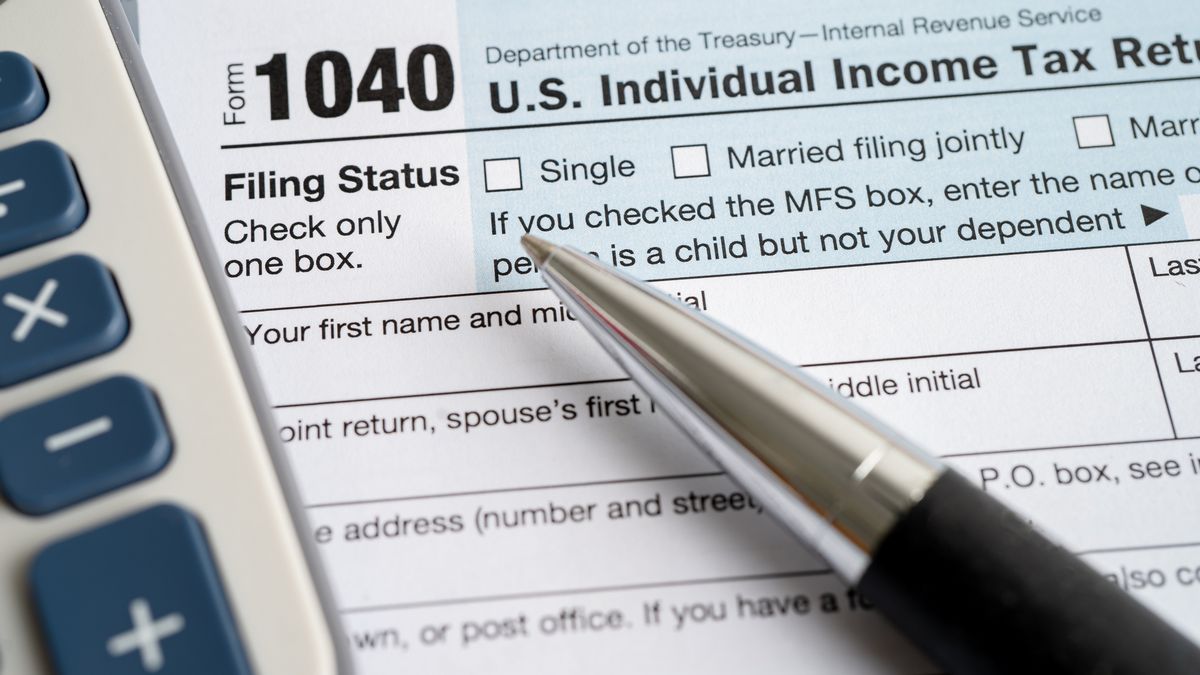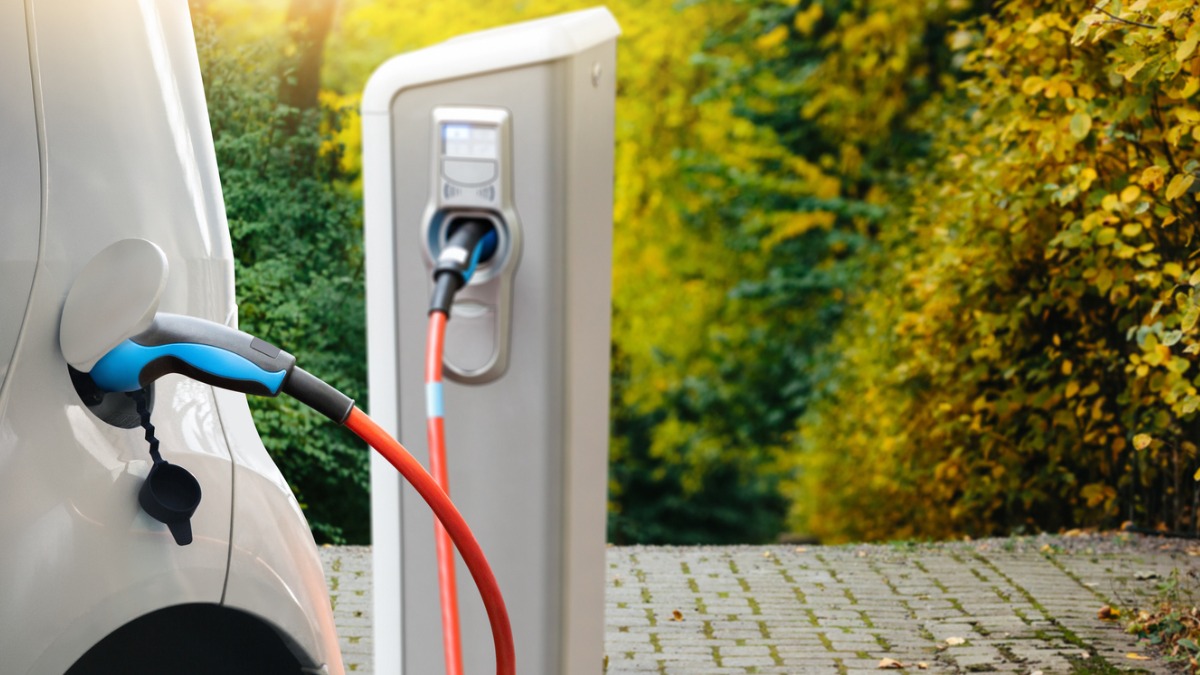Quick Facts About Bad Credit Car Loans
- You will need a bigger down payment.
- The lower your credit score, the higher the interest rate.
- Finding a lender may be difficult, but it is often not impossible.
Falling behind on credit payments could happen to you. Why it matters: There is only so much belt-tightening you can do, right? Your credit score will plummet as you miss payments or suffer a repossession. You will face a tough financing battle if you need to buy a car in the midst of such chaos. Depending on how low your credit score cratered, you may have to roll up your sleeves and get creative.
Working through this issue, we will establish what a bad-credit score is. Beyond that, we’ll tell you how to secure your credit score and report. Want to find lenders willing to make a loan? We list tips for locating lenders willing to work out loan terms. Moreover, we’ll deliver ideas on getting your credit score into better shape. That’s a lot of ground to cover, so let’s get started.
- What Is a Bad Credit Car Loan?
- What Is a Bad Credit Score for a Car Loan?
- Considerations When Getting Car Loans for People With Bad Credit
- How To Get a Car Loan With Bad Credit
- Bad Credit Loans: Lenders That Make Them
- Our Take
What Is a Bad Credit Car Loan?
A bad-credit car loan is for those with a credit score below 600. In other words, borrowers are dealing with financial difficulties and a dinged-up credit history. It’s not that you can’t secure an auto loan, but doing so will be more challenging. The bottom line: Some lenders will take a chance on borrowers with low credit scores. However, finding and convincing them to take the leap requires effort.
Pro Tip: The interest rate (the cost of borrowing) is the biggest common difference between a bad-credit car loan and a loan to someone with a high credit score. Yes, there may be other differences from lender to lender, like larger down-payment requirements. However, the one constant is higher interest rates for bad-credit loans. In other words, the lower your credit score, the higher the interest rate. We explain below.
MORE: What Is Car Financing?
What Is a Bad Credit Score for a Car Loan?
A credit score below 600 will undoubtedly make getting an auto loan more complicated and expensive. However, there is no hard and fast rule for determining exactly where the dividing line is between a good credit score and a bad one. No matter the credit-score model — and there is more than one — any score below 650 triggers noticeably higher interest rates, closer scrutiny of your credit history, and sometimes higher down-payment requirements.
Displaying their scores in a range of 300 to 850, VantageScore and FICO (Fair Isaac Corp.) are the two most often used credit scoring models. Why it matters: Although they use the identical range of scores, they segment that range differently when evaluating a borrower’s credit status (more about that below).
Most lenders look more favorably on borrowers with a credit score of 661 or higher. According to the consumer credit experts at Experian, 661-780 is Prime, and scores in the 781-850 range are Super Prime. In the second quarter of 2025, the average credit score for financing a new car was 757, and it was 690 for used car financing.
The bottom line: A weak credit score isn’t always the deciding issue. Lenders look at other factors over and above your credit score.
- Length of employment
- Home ownership
- Length of time at their current address
- Level of debt versus income
- Payment history
Pro Tip: Many lenders use their own internal formulas when rating borrowers according to their FICO or VantageScore number. In other words, at any given moment, you probably have several different credit scores calculated by the financial institutions you use, your creditors, and the three major credit bureaus. Although these scores may differ, it’s likely that they are all within 10 or 15 points of one another.
VantageScore vs. FICO: What’s the Difference?
Credit score discussions will center on those produced by VantageScore or FICO. Yes, they both use a numeric system beginning with 300 at the bottom and 850 at the top. However, VantageScore has four scoring categories, while FICO has five. The differences don’t end there. They also weigh credit information, like types of credit, the percentage of available credit utilized, payment history, and other factors, differently.
Here’s how they slice up their numerical pies.
FICO
| Rating | Range |
| Poor | 300-579 |
| Fair | 580-669 |
| Good | 670-739 |
| Very Good | 740-799 |
| Exceptional | 800-850 |
VantageScore
| Rating | Range |
| Subprime | 300-600 |
| Near Prime | 601-660 |
| Prime | 661-780 |
| Superprime | 781-850 |
According to Bankrate, here are the categories they consider when calculating a credit score and the emphasis by percentage they assign each.
FICO
| Category | Emphasis by Percentage |
| Payment history | 35% |
| Amounts owed | 30% |
| Length of credit history (account age) | 15% |
| Mix of credit types (revolving vs. instalment) | 10% |
| New credit | 10% |
VantageScore
| Category | Emphasis by Percentage |
| Payment history | 41% |
| Credit utilization | 20% |
| Credit history and mix | 20% |
| New credit applications | 11% |
| Credit balances | 6.0% |
| Available credit | 2.0% |
RELATED ARTICLE: Is Now the Time To Buy, Sell, or Trade in a Car?
What To Consider When Getting Car Loans for People With Bad Credit
When pursuing a car loan with weak credit, you will be saddled with a higher interest rate and need a substantial down payment.
Car Loan Interest Rates?
The interest rate is what the lender charges the borrower for using its money. It’s expressed as a percentage. For example, 4.5% APR (annual percentage rate). Why it matters: The higher the percentage, the more expensive the loan. A committee of the U.S. Federal Reserve sets the interest rate for overnight loans between banks. Banks then use that rate to decide what interest rate to charge for credit cards and loans. When the Fed raises the benchmark rate, lenders typically follow. However, there is more to it than that. Lenders also base the interest rate you’ll pay on the level of risk you pose. The bottom line: The more banged-up your credit history, the greater risk you represent. A weak credit score equals a big risk.
Again, according to Experian, in the second quarter of 2025, the average new car interest rate for Super Prime (781-850) borrowers was 5.27%. For Subprime (501-600), it was 13.38%. It was even higher for Deep Subprime (below 500) at 15.97%. Across all scores, the average APRs in the period were 6.8% for new car loans and 11.5% for used car loans.
What Is the Down Payment on a Car?
Risk is also the primary reason a lender demands a down payment from a potential borrower. Why it matters: A down payment is the amount of skin you have in the deal. Borrowers who have made a sizeable down payment are less likely to stop making loan payments because they are invested in the loan. If they default on a car loan, they face losing the car and the money they initially put down. Moreover, in a default, the lender’s financial loss won’t be as significant because it received a sizeable chunk of the car’s original value as a down payment.
Pro Tip: A larger down payment will give the lender additional confidence that you will make the payments as agreed. Why it matters: If the down payment is large enough, you may score a lower interest rate.
RELATED ARTICLE: Can’t Make Car Payment: What You Can Do Now
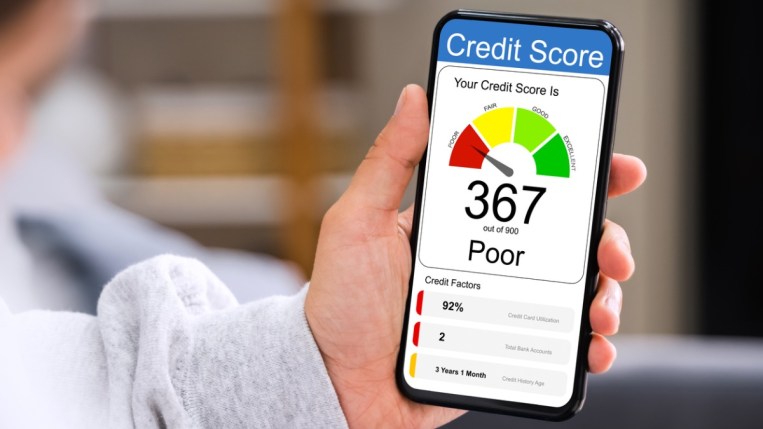
How To Get a Car Loan With Bad Credit
Here’s the good news: You can probably secure a loan even with a weak credit score. Why it matters: The terms of the loan might not be ideal, but if you are desperate to finance a vehicle, the odds are that you can find a lender. According to Experian, roughly 10.5% of all car loans and leases in the second quarter of 2025 were financed by buy-here, pay-here (BHPH) car lots or other untraditional lenders. Borrowers with credit scores between 501 and 600 represented just over 15% of all loans and leases of new and used cars. Borrowers with credit scores below 500 were about 2% of the lease and loan markets.
Check Your Credit Score
A credit score is a snapshot of your creditworthiness at any given moment. Why it matters: Your credit score can change for the better or the worse from one day to the next. You must know your current credit score before embarking on your financing quest.
Pro Tip: By law, you are entitled to free credit reports from each of the three major national credit bureaus: Experian, TransUnion, and Equifax. We recommend you get one from all three bureaus, available weekly through AnnualCreditReport.com. Your credit history and score may differ from bureau to bureau.
While you are requesting your credit score, also request your free credit report from each. Ensure all the information on each credit report is correct because mistakes can appear. Each bureau has a process for reporting errors in your credit report to have them corrected.
Pro Tip: You must review your credit reports from all three major credit bureaus. Why it matters: They collect their information separately. This means the information they provide lenders isn’t always the same. An error can appear on one report that doesn’t appear on the other two. Likewise, correcting a mistake on one report won’t correct it on the other two.
How To Improve Your Credit Score
You can boost your credit score by several points rather quickly by taking care of a few issues on your credit report.
- Correct any negative mistakes
- Pay off all balances in collection
- Catch up on any delinquent payments
- And, for Pete’s sake, stop charging
Determine How Much Car You Can Afford
Before car shopping, calculate exactly how much car you can afford. Why it matters: This is even more critical when you have weak credit. Don’t shop for more car than you need. Furthermore, budget for all the ownership costs, such as fuel, insurance, taxes, maintenance, and so on. Keep the costs realistic. The bottom line: A lender is more likely to finance an affordable entry-level car than an expensive one.
Pro Tip: Use our car affordability calculator to see how much you can afford to pay for either a new or used car.
Accumulate Cash
We repeat: You will need a down payment to get a loan with a weak credit score. The task may seem impossible if you struggle from paycheck to paycheck; however, the bigger the down payment, the more likely a lender will take a chance on you.
RELATED: Paying Cash for a Car in 2025: Consider the Pros and Cons
Shop Lenders
You must exhaust all options in your hunt for a car loan if you have bad credit. Banks, credit unions, finance companies, BHPH, and any other legal lender you can find. Even if a lender offers to prequalify you for the loan, take the information and check out another lender or two. Why it matters: A better financing deal may be around the next corner. Every fraction of a percentage point you can shave off the interest rate saves you money.
If your credit score is at least 600, check out the financing offered in new car dealership business offices. Why it matters: No one will be more motivated than the business manager at a dealership. It’s likely that whichever brand the dealer represents has a captive financing company. This is a company owned by a car manufacturer, like Ford Motor Credit. However, in addition to the captive financing company, most dealers have several smaller lenders on speed dial. Those lenders may have more relaxed requirements than the typical bank or credit union.
Pro Tip: If turned down for financing, always ask the representative this question: “What would I have to do to qualify for this loan?” There isn’t much you can do about a recent bankruptcy or repossession in your credit history. However, maybe a bigger down payment or paying off a debt in collections would do the trick. In any case, the answer may help you in your next attempt.
Find a Co-signer
Securing a co-signer is a Hail Mary that we don’t generally recommend because we think it’s a bad idea for you and the co-signer. However, sometimes you are forced to go with the best bad idea. Why it matters: A co-signer is someone with solid credit who guarantees the loan. That is, the co-signer will assume the payments if you don’t or can’t make them. Consequently, if you start missing payments, it will strain your relationship. We advise avoiding a co-signer, if possible.
RELATED ARTICLE: Top 5 Facts About Car Financing
Bad Credit Loans: Lenders That Make Them
Lenders also consider other factors when evaluating a borrower. Why it matters: If you are strong in at least most of those areas mentioned earlier, a weak credit score loses a bit of its impact. In other words, some lenders may consider you less of a risk than your credit score indicates. The lender types we list below run the gamut. In your search for a bad credit loan, you should begin your search at the top of the list and work your way down.
- Your bank or credit union: If you currently have an account with a bank or credit union, that should be your first stop in securing a loan. Because you are an account holder, they will likely share information with you. If you do get prequalified, you will also have a baseline interest rate for comparison as you work through your alternatives.
- Online financing: The Internet is a sea of online lenders. Some even specialize in bad-credit loans.
- Car dealerships: Although we often think of dealer financing in terms of its brand’s captive financing arm, every dealership also has relationships with smaller lenders with less rigid requirements. This is especially true for used car dealers.
- Finance companies specialize in loaning money — it is the only thing they do. Their interest rates are typically higher than those of a bank; however, they are in business to make loans.
- Buy-here, pay-here dealerships: These are used-car dealerships that finance the sales they make. That is, it’s a dealership and lender rolled into one. The interest rates are often much higher than with conventional lenders, but the financing requirements are significantly looser. BHPH often requires making payments directly to the dealer and may offer biweekly schedules. Furthermore, they usually don’t provide much wiggle room if you are late with a payment.
Pro Tip: If you choose the BHPH option, try to do it with a dealer that reports its BHPH loans to a credit bureau. Why it matters: You’ll earn credit for making the payments on time, building your credit score.
Our Take
When faced with bad-credit financing, take nothing for granted.
- Obtain your credit report.
- Fix it where you can.
- Determine how much car you can afford.
- Find a car that fits that monthly amount.
- Shop multiple lenders.
- Leave no stone unturned.
Editor’s Note: We have updated this article since its initial publication.
